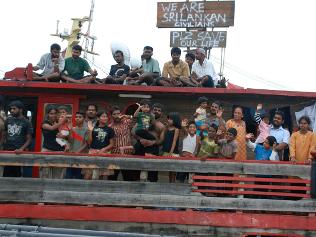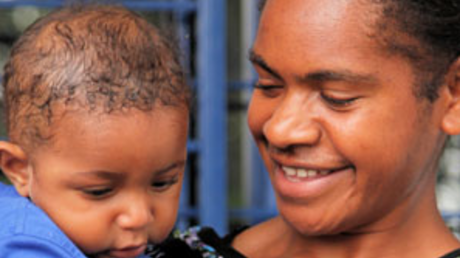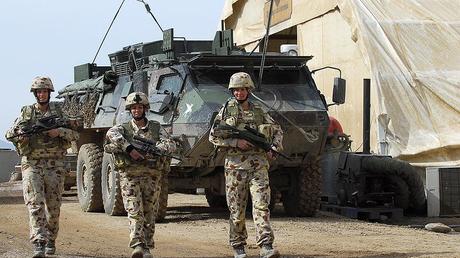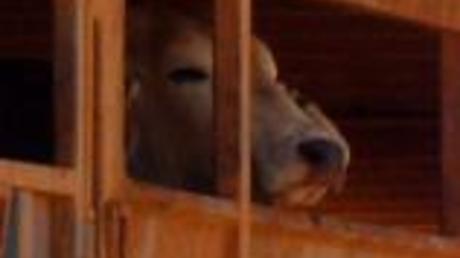Indonesia's foreign affairs minister Marty Natelegawa says Indonesia is willing to discuss the Opposition's policy to turn back asylum seeker boats.
He has expressed some reservations about what he termed "unilateral action" on the part of Australia, but says every country has rights to exercise its sovereignty.
Michael MacWilliam analyses what effect the asylum seeker issue is having on the Indonesia-Australia relationship.
OVER THE past few decades, Australia's relationship with Indonesia has become one of our most important.
But the nature of this relationship is increasingly unclear, with Indonesia becoming drawn into Australian domestic politics as something of a political football.
Australians seem stubbornly clueless about Indonesia, with half of the population apparently believing Indonesia was a military dictatorship as recently as 2006.
Australians don't value Indonesia's friendship anywhere near closely enough, with Australians giving Indonesia a barely favourable rating when asked by the Lowy Institute.
Contrast this with the opportunities Indonesia represents.
In a nation of 250 million, there is a middle class of some 50 million, and it is growing. Indonesia is due to have the tenth largest economy in the world by 2025, with a GDP of more than $1 trillion.

It will have 30 million new consumers by mid-century, and as Australia relies more heavily on our service sector, 89% of Indonesians view Australia as 'a good place to study for educational qualifications'.
Indonesians have a largely positive view of Australia, but they've picked up onAustralians' opinions of them. They know we are largely suspicious and ignorant of Indonesia.
Australia’s Prime Minister Kevin Rudd has announced that the Chinese resources boom is "over", and that we will no longer be able to rely on China to push our growth.
This relationship is set to become our most important by mid-century as Indonesia grows to become a large economy
In this age, Australia needs to be looking toward other regional partners to consume the services that make up such a large part of our economy.
However, we have Indonesia increasingly being used by the Prime Minister and Opposition Leader as a political football.
The Opposition leader Tony Abbott has promised to tow asylum seeker boats back to Indonesia without their cooperation.
Mr Rudd warns that this will lead to confrontation with Indonesia.
Thankfully the Indonesian President Susilo Bambang Yudhoyono has mostly ignored the two.
But Indonesia was disturbed by Australia’s suspension of the live cattle trade due to concerns about cruel treatment in Indonesian abattoirs.
While Australians were shocked by the barbaric scenes, suspending the cattle trade harmed the Australian-Indonesian relationship and Australian farmers.
Australia must find a long term solution to this problem that is mutually agreeable in order to best serve our farmers and Indonesian consumers.
President Yudhoyono and Prime Minister Rudd established a forum at a recent meeting to develop both Australia’s supply and Indonesia's own red meat production, but this is just a first step.
Indonesians are also worried that Australians actively support West Papuan independence. Allaying these fears will be difficult but working towards this is a necessity.
Many Indonesians remember Australia's role in East Timor's independence, and are suspicious that Australia aims to divide Indonesia.
Australia can continue to support the peaceful exercise of West Papuan's political rights, but the government needs to continue to make it clear that it does not support independence.
Australia and Indonesia share a healthy relationship that is not without sources of friction. This relationship is set to become our most important by mid-century as Indonesia grows to become a large economy.
However regardless of who wins the election this year, we have to invest much more time and effort connecting to our Indonesian neighbours.




